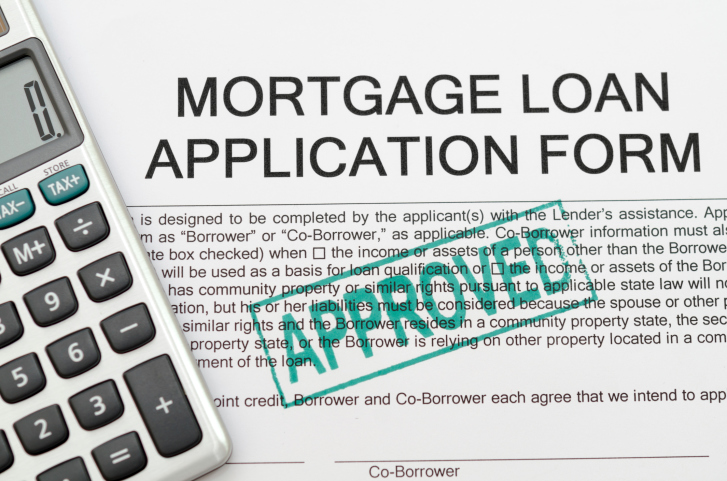3 Huge Mortgage Mistakes Made by First-time Home Buyers – and How to Avoid Them
 As a first-time home buyer, you may actively be seeking out information about your upcoming purchase. Buying a home is a huge financial move to make, and it can impact your financial situation and even your lifestyle for many years to come. While it is important to learn more about what to look for in a home, it is also important to learn about mistakes home buyers have made. When you learn more about mortgage mistakes that others have made, you can take steps to prevent making those same mistakes yourself.
As a first-time home buyer, you may actively be seeking out information about your upcoming purchase. Buying a home is a huge financial move to make, and it can impact your financial situation and even your lifestyle for many years to come. While it is important to learn more about what to look for in a home, it is also important to learn about mistakes home buyers have made. When you learn more about mortgage mistakes that others have made, you can take steps to prevent making those same mistakes yourself.
Committing To A Large Mortgage Payment
Many first-time home buyers contact a mortgage professional to determine what the largest loan amount and monthly payment they qualify for is. However, just because you qualify for a loan amount and monthly payment from a lending perspective does not mean that it is affordable for your budget. After all, you may have a more expensive lifestyle, childcare expenses and other expenses that are not factored into the lending equation.
Not Reviewing All Home Expenses
When you own a home, you will be required to pay for expenses that are not in place when you rent a home. For example, you will have to pay for lawn care, home maintenance tools and supplies, repair bills, homeowners’ association dues and more. It is important to allow room in your budget for all of the expenses related to home ownership to ensure that your new home is affordable for you.
Failing To Inquire About Closing Costs
Your mortgage representative is required to disclose all loan charges and fees to you early on in the loan process, but some first-time home buyers do not take the time to thoroughly review or understand these fees. Many are unfortunately surprised by the amount of money they must come to the closing table with at the end of the loan process, and this can be avoided by simply asking questions and reviewing the preliminary loan statement up-front.
Each of these home mortgage mistakes can be costly to a first-time home buyer, but they also are all entirely avoidable. As you begin your loan process and proceed through it to closing, keep these mistakes in mind. Be sure to ask your loan consultant for more information if you have any questions. You can begin the loan process today by contacting a loan consultant directly.

 Spring is approaching fast and it is usually the busiest time of the year for home buying. After a long and cold winter, many people are ready to enjoy the nicer weather and begin to shop for a new home. Spring is also the perfect time for home buying for families with children because it allows them to move during the summer without interrupting school.
Spring is approaching fast and it is usually the busiest time of the year for home buying. After a long and cold winter, many people are ready to enjoy the nicer weather and begin to shop for a new home. Spring is also the perfect time for home buying for families with children because it allows them to move during the summer without interrupting school. When shopping for a mortgage, it is important to take closing costs into account. While some closing costs are the same for all lenders, different programs may add or reduce some of the burden borrowers face when closing on a home loan.
When shopping for a mortgage, it is important to take closing costs into account. While some closing costs are the same for all lenders, different programs may add or reduce some of the burden borrowers face when closing on a home loan.